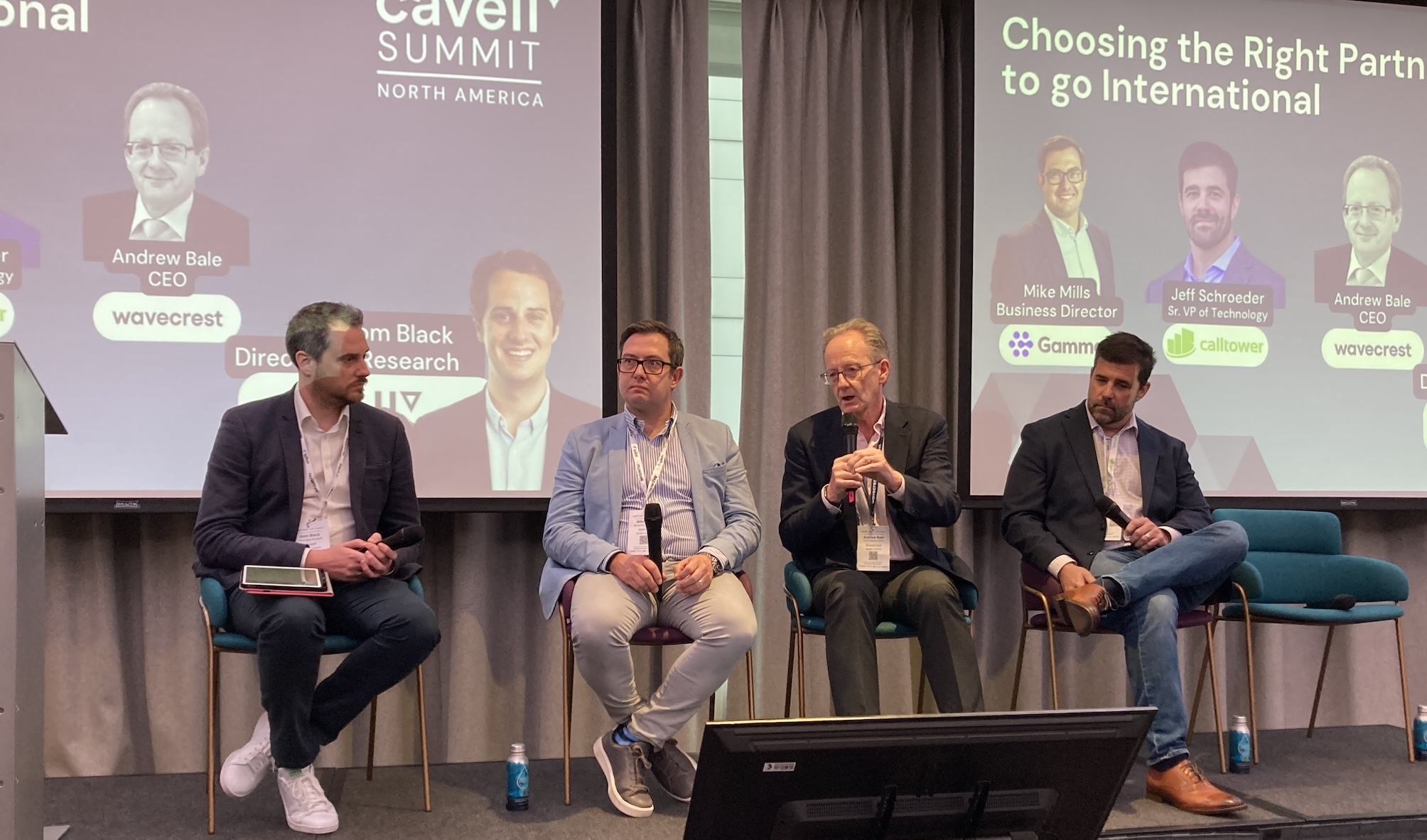Blog post
Are US telcos surcharged?
08/28/24
Chris Adams
Origin-based rating (OBR) was introduced to reset the financial balance between different countries within the EEA. As the US isn’t an expensive destination, US telcos typically don’t expect to be classed as an expensive origination so are they surcharged?

We speak to lots of US telcos who are surprised to find they’re exposed to surcharges from Origin-Based Rating (OBR).
They tend to assume telcos in other countries would give the US most-favoured nation status – which is understandable given how important the US is as a co-respondent for most countries’ phone users.
But there are a few specific reasons why US telcos are at higher risk from OBR than their peers in other countries – and can suffer financially as a result.
The key issue is that US telcos are not automatically prioritised for most-favoured nation status by European telcos. Instead they tend to give that status to others within the EEA (European Economic Area), so they can uphold the vital “roam like at home” principle. Naturally then, everyone else has to get surcharged. Even the US.
For understandable reasons, many US telcos are caught off guard by this because applying surcharges to US operators seems bizarre at first glance. The initial basis for OBR was to reset the financial balance between different countries. But as the US isn’t an expensive destination, US telcos don’t expect to be classed as an expensive origination. However, as above, European-based telcos prioritise the EEA when making their judgement.
This can leave US telcos financially exposed compared to their international counterparts. Telcos from smaller countries accept the fact that they’re going to be surcharged and therefore make investments to prepare themselves. But very often US operators don’t prepare, which means they take a bigger financial hit than they should.
More broadly, there are many ways in which the international telephony world is different to US telephony. That can cause some nasty shocks and I’d argue is at the root of a lot of this problem. I’ve had colleagues surprised to learn that dialling codes outside the US distinguish between mobile and landline numbers, or that in a major region like Europe all the countries operate differently and there’s no single regulatory framework.
Taken together, those factors explain why US telcos are often at higher risk from OBR than their international peers. Getting surcharges wrong could potentially rack up charges 300 times the expected rate.
If you’re an operator who wants to understand more about the risks of OBR, read our Surcharge Shocks whitepaper that explains what you need to do to protect yourself.
Related Resources

Choosing the right partner to go International
Choosing the right partner has never been more challenging but our industry collectively needs to focus on transparency, trust and processes that bring safety back to the consumer.
Read more >
Comms Business: Reweaving the fabric of voice
The underlying fabric of the global voice market is being exploited by fraudsters. Andrew Bale, CEO, Wavecrest, talks to Comms Business about how his company is primed to tackle the issue.
Read more >